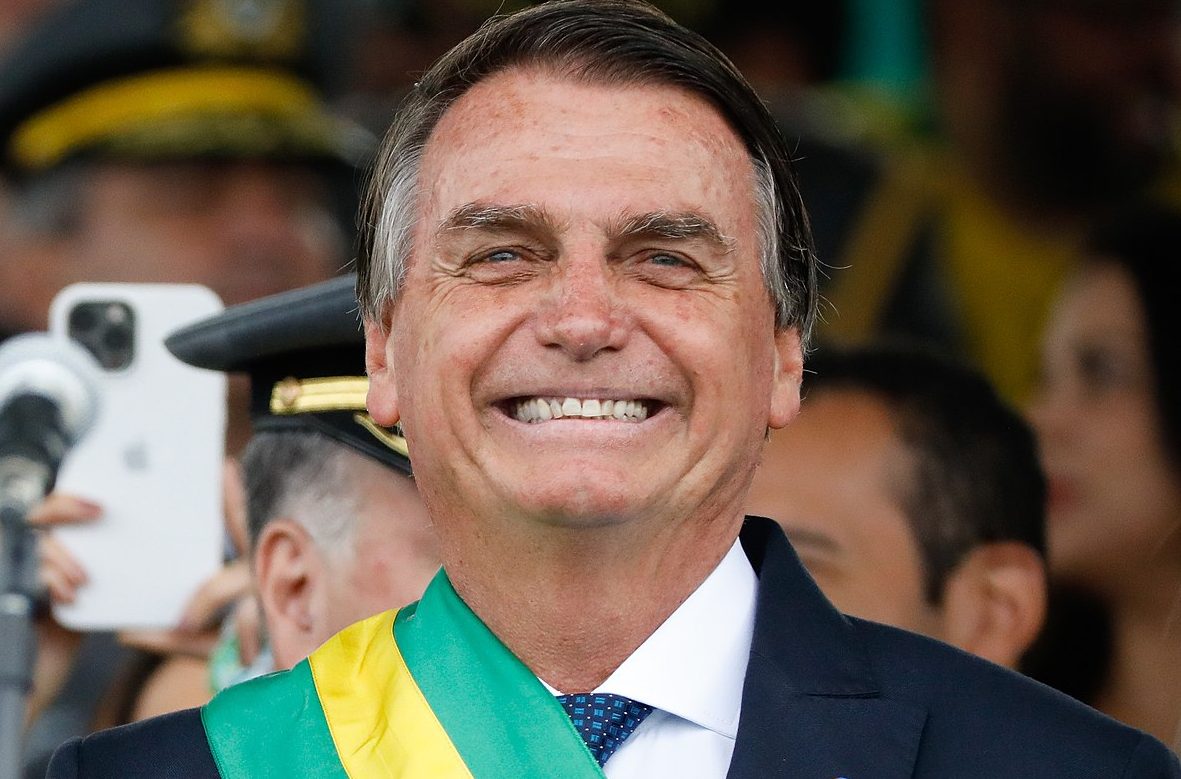
“The push for individual freedom following the covid lockdowns and other regulation has become quite apparent in Australia, and is very strong amongst the right wing,” writes political columnist MICHAEL MOORE.
THE last few weeks have seen significant changes in international politics. This does have an impact on Australia and on us locally in Canberra.
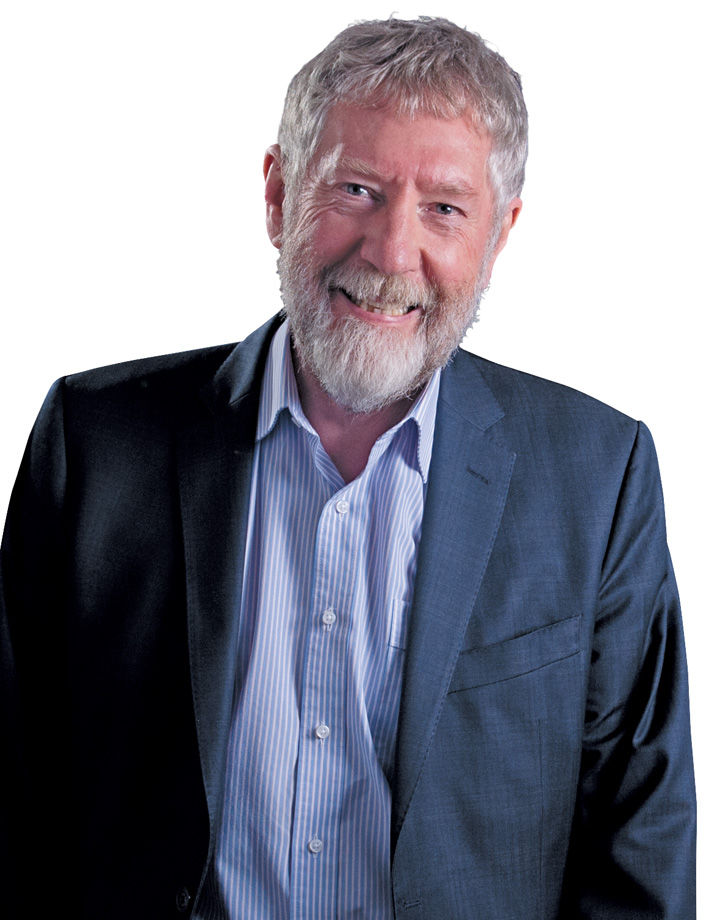
The most interesting impact seems to be the slowing of the swing to the far right. Although framing in terms of left and right has limitations, it does help to understand many political concerns.
The midterm election results in the US have not returned the predicted “red wave” of Republican victories. However, there is doubt about which party is likely to control either the Senate or the Congress. A control of both houses by Republicans has the potential to stifle the goals of the Democrat president, Joe Biden.
The right-wing wave may have slowed, but the far right has not disappeared and will continue to have an impact. Jair Bolsonaro is gone in Brazil in a close-run race, finally conceding the leadership of the country to recycled President Luiz Inácio Lula da Silva (known as Lula). The impact that Bolsonaro had regarding COVID-19, the destruction of the Amazon to benefit big corporations and undermining of universal healthcare has been devastating.
Lula ran a campaign on supporting the rights of minorities and greater distribution of wealth. This was in marked contrast to Bolsonaro who sought to loosen gun control and “strengthen traditional family values” with the usual right-wing emphasis on individual freedom and personal rights and rejecting any action on climate.
At the time of the UN’s COP27 meeting on climate change in Egypt, understanding the impact of the conservative right is even more important than ever.
There are other concerns that illustrate the outcome of right-wing governments such as that of Bolsonaro. “The Guardian”, for example, reported that his government was responsible for “a litany of outrages, ineptitudes and errors committed during a chaotic four-year reign that saw nearly 700,000 covid deaths, tens of millions plunged into poverty, and South America’s largest economy becoming an international pariah”.
In Italy, Giorgia Meloni has now been sworn in as a far-right prime minister. She is the first woman to hold this role after her Brothers of Italy Party won around 25 per cent of the vote in a snap election.
She immediately received praise from Prime Minister Viktor Orban, of Hungary. France’s Marine Le Pen used the opportunity to Tweet: “Throughout Europe, patriots are coming to power and with them this Europe of nations”.
One common factor for many of the right-wing governments is support from the evangelical religions. Former prime minister Scott Morrison was able to muster this kind of support for his own government. However, evangelicalism is not as strong in Australia as in other countries. With evangelical support goes the push for individual freedoms on many matters – but restrictive policies on issues related to religion such as a woman’s right to choose an abortion or the right to die with dignity.
The push for individual freedom following the COVID-19 lockdowns and other regulation has become quite apparent in Australia, and is very strong amongst the right wing. This was notable in the demonstrators that flooded into Canberra in vehicles emblazoned with similar messages to those of the far right in the US.
Gun control is unlikely to be a major election issue in Australia. However, our involvement in the wars in Iraq and Afghanistan indicate that a more bellicose approach can be expected from conservative governments. With the actions of Russia attacking the Ukraine and the rise of China as a major military power, we should hope for carefully measured diplomacy and efforts to reduce the likelihood of Australian engagement in further wars.
Over the next few months Australians in Victoria and in NSW are facing elections. The impact of COVID-19 and how it was handled will be a major issue for many voters. However, the strong influence of the evangelical right within the conservative elements of the Liberal Party is something that ought also to be taken into account.
In Canberra, the very conservative former senator, Zed Seselja, was rejected in favour of a much more moderate Senator David Pocock. As we monitor the final outcome of the mid-term election in the US, it will be interesting to see if a more moderate approach is taken by the voters of NSW and Victoria.
Michael Moore is a former member of the ACT Legislative Assembly and an independent minister for health. He has been a political columnist with “CityNews” since 2006.
Who can be trusted?
In a world of spin and confusion, there’s never been a more important time to support independent journalism in Canberra.
If you trust our work online and want to enforce the power of independent voices, I invite you to make a small contribution.
Every dollar of support is invested back into our journalism to help keep citynews.com.au strong and free.
Thank you,
Ian Meikle, editor

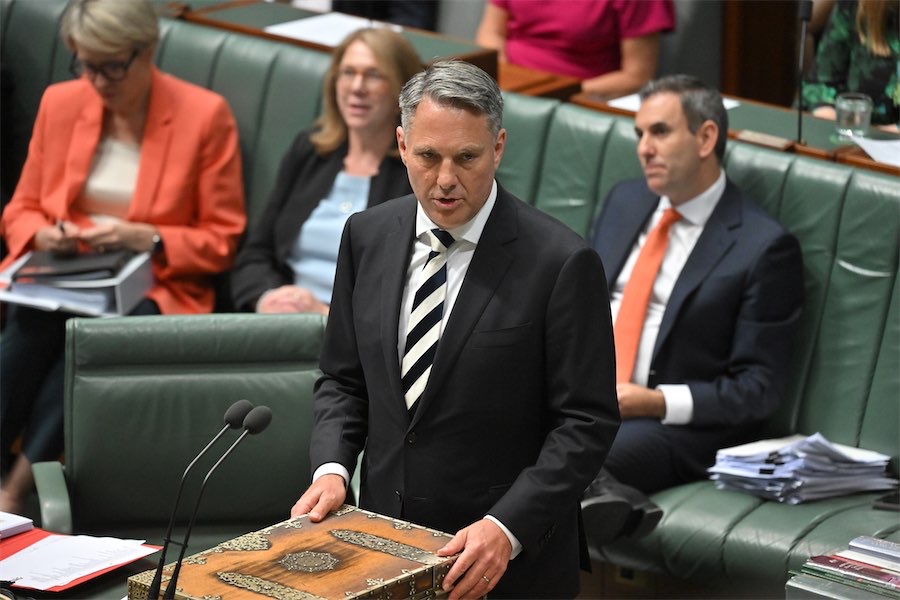
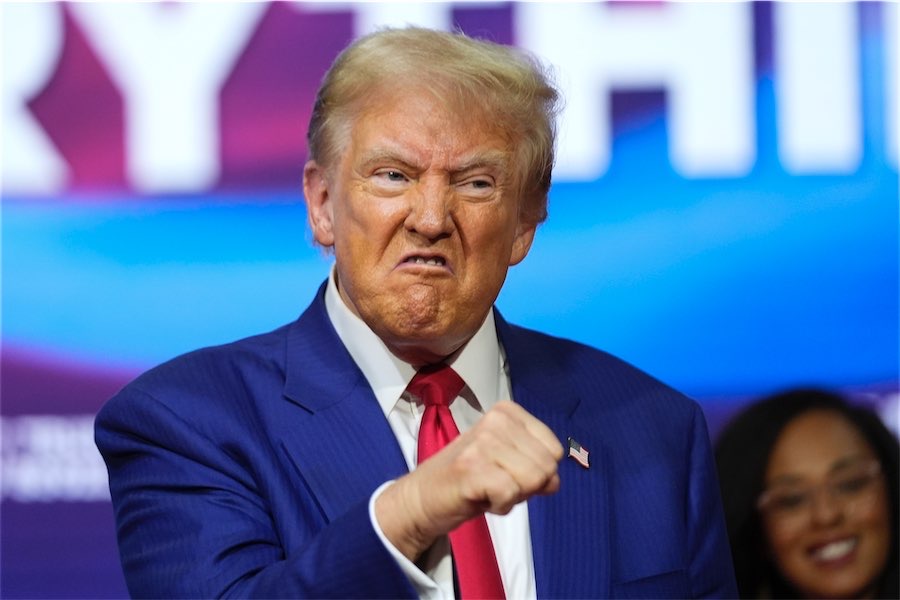
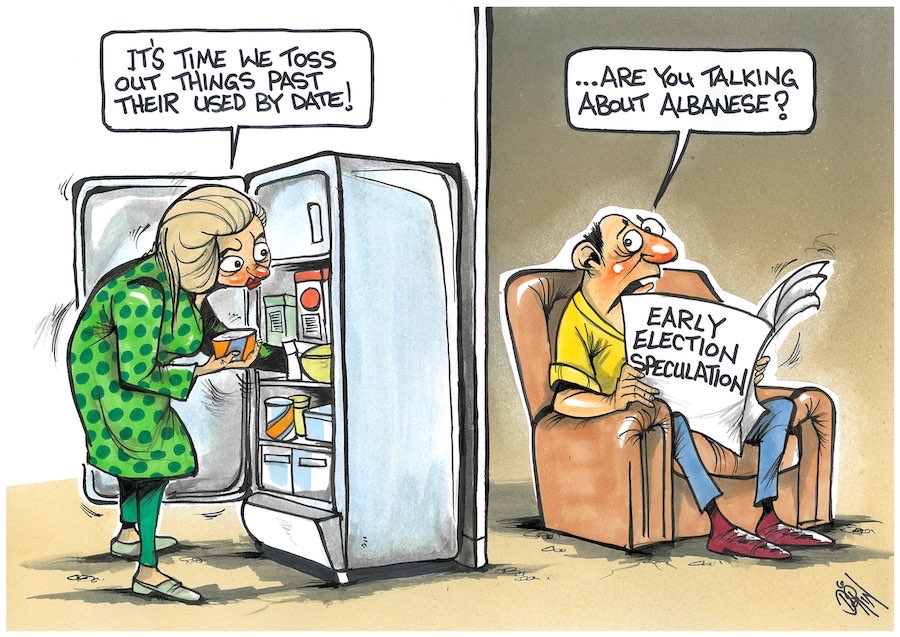

Leave a Reply